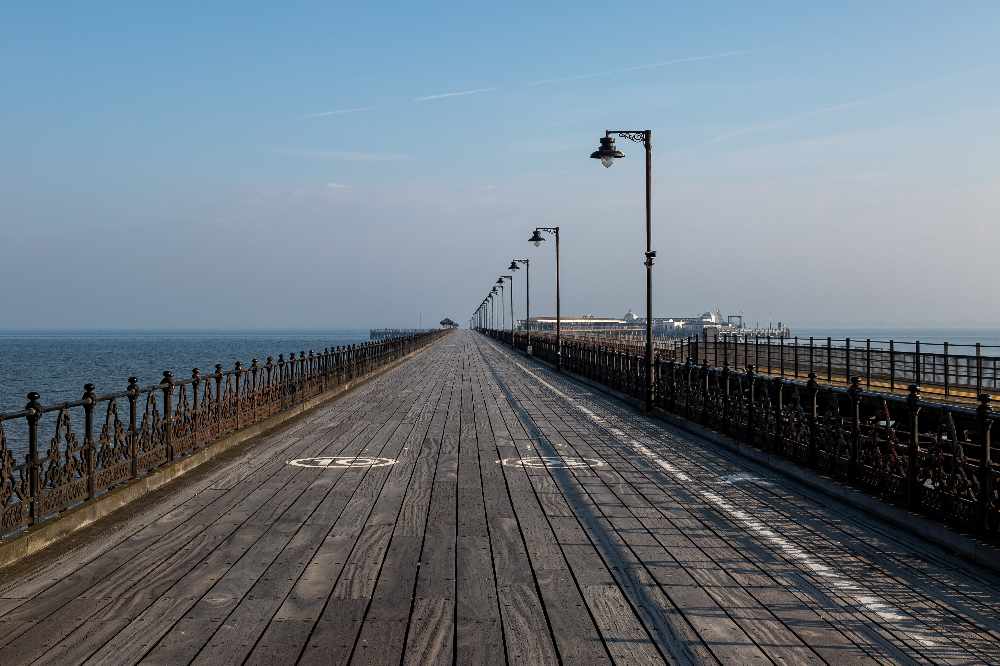
Hundreds of thousands of pounds have been cut in the Isle of Wight Council's street light spending over the past five years.
Figures from the Ministry of Housing, Communities and Local Government show in 2019/20 the council spent £926,000 on street lighting costs.
In 2014/15, however, the year after the Isle of Wight Council started the Highways PFI contract, the council spent £1.5 million — a real terms cut of 39 per cent.
The council says there has been no reduction in the number of street lights on the Island.
Across England, in the same period, street light spending only fell 15 per cent in real terms.
It comes after calls to make streets safer for women following the murder of Sarah Everard last month in London, who disappeared while walking home from a friend’s house.
The government said at the time it was taking ‘immediate steps’ to improve security, including doubling the Safer Streets fund – which provides neighbourhood measures such as better lighting and CCTV – to £45 million.
Nesil Caliskan, chair of the safer and stronger communities board at the Local Government Association, which represents councils, said community safety is a top priority and despite significant funding pressures in recent years, councils continue to invest heavily on street lighting.
She said:
“We are pleased with the extension of the Safer Streets Fund, but its primary aim is to tackle persistent street crime and burglary, so while helpful to see increased funding for crime prevention measures, there needs to be a renewed focus on measures that will effectively tackle violence against women and girls.”
On the Island, since the start of the Highways PFI contract in 2013, Island Roads have been working to enhance or replace all the 12,068 street lights across the Island, to make the lighting brighter and require less maintenance.
The lights have been replaced, according to a council spokesperson, on a like-for-like basis with energy-efficient LED lamps that reduce light pollution, more reliable and efficient.
This has, the spokesperson said, enabled the council to make year-on-year energy cost savings, and channel the money instead into frontline services.
While some streetlights have been dimmed slightly at certain locations, following a trial, they have not been dimmed in sensitive areas such as town centres or crossings.
Another safety measure on Island streets are CCTV cameras which continue to operate from fixed positions, the council said.
All the footage is recorded and kept for a period to provide evidence if needed.
Despite cuts to CCTV control room staff, in an effort to save money in the PFI contract, a weekly schedule of active monitoring takes place, with a contingency to increase it should the police request it.


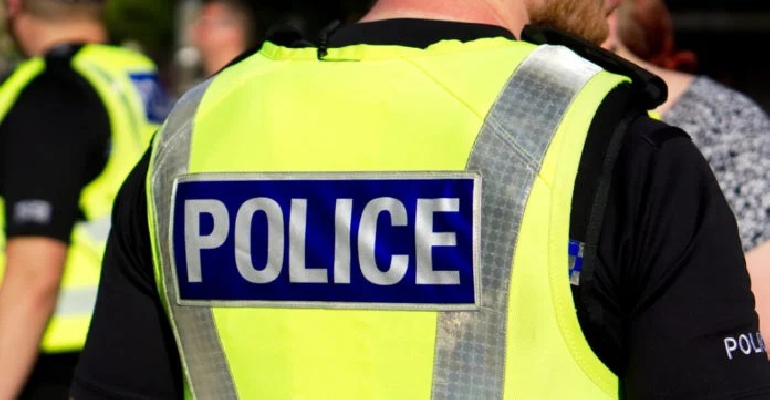 Investigation Underway After Sandown Pharmacy Break-In
Investigation Underway After Sandown Pharmacy Break-In
 Island Views Sought On New Water Recycling Project
Island Views Sought On New Water Recycling Project
 RNLI Urges Public To Stay Safe As Storm Éowyn Hits UK
RNLI Urges Public To Stay Safe As Storm Éowyn Hits UK
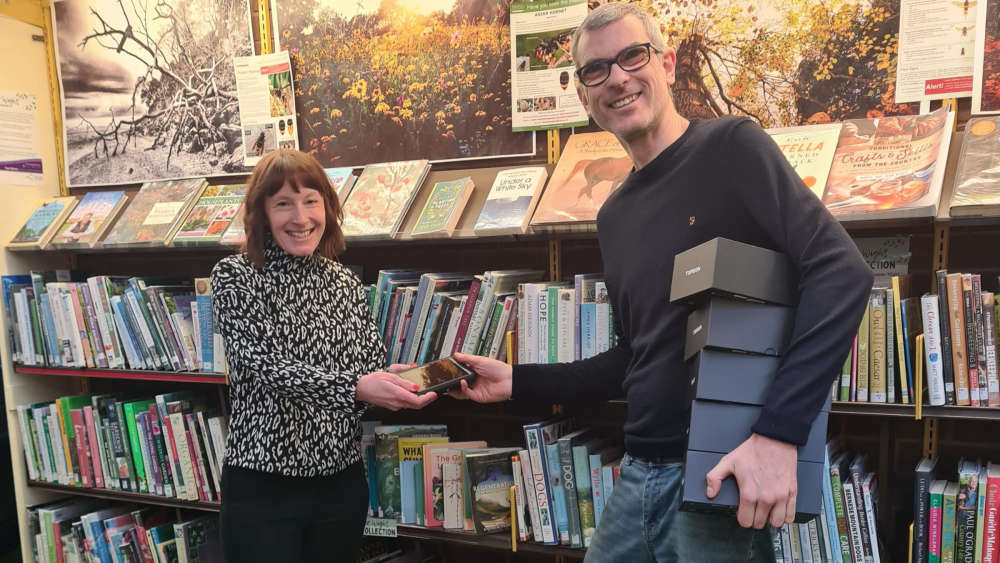 Borrow A Thermal Camera To Find Cold Spots In Your Home
Borrow A Thermal Camera To Find Cold Spots In Your Home
 Newport Sainsbury's Café Set To Close As Part Of Supermarket Cuts
Newport Sainsbury's Café Set To Close As Part Of Supermarket Cuts
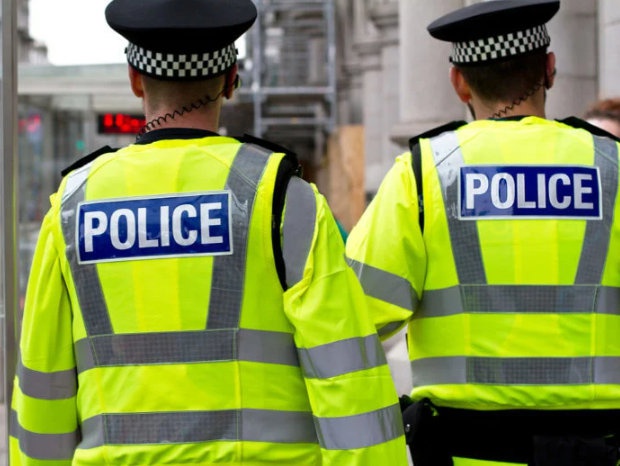 Three Men Charged In Connection With Sandown Hotel Burglary
Three Men Charged In Connection With Sandown Hotel Burglary
 Four Arrested And Two In Hospital Following Newport Burglary
Four Arrested And Two In Hospital Following Newport Burglary
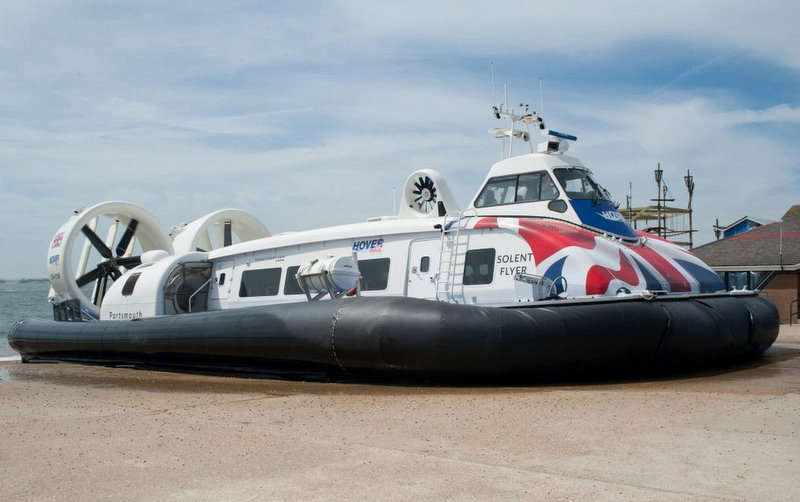 Hovertravel Set To Reduce Services Due To Financial Pressures
Hovertravel Set To Reduce Services Due To Financial Pressures
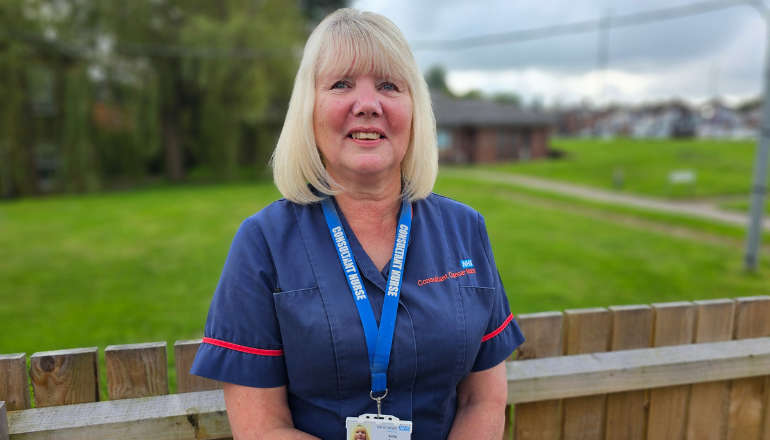 Islanders Invited To Share Experience Of Cancer Treatment
Islanders Invited To Share Experience Of Cancer Treatment
 Powder Monkey Group Acquires Goddards Brewery
Powder Monkey Group Acquires Goddards Brewery
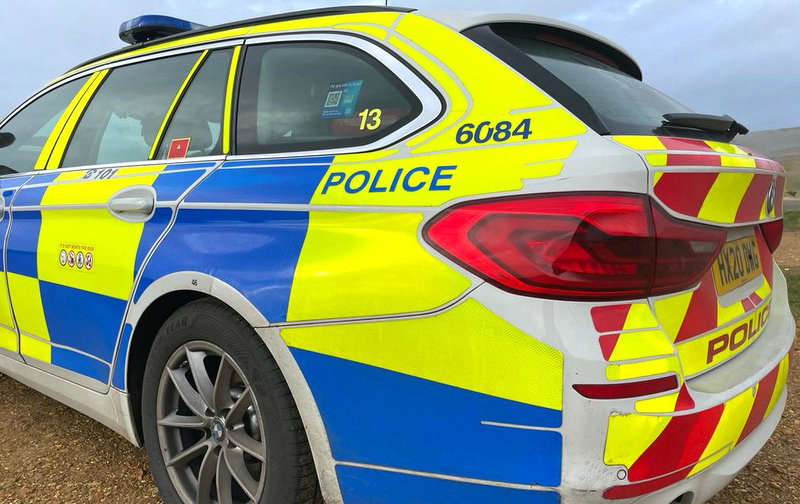 Primary School Locked Down After Man Enters In Need Of Medical Assistance
Primary School Locked Down After Man Enters In Need Of Medical Assistance
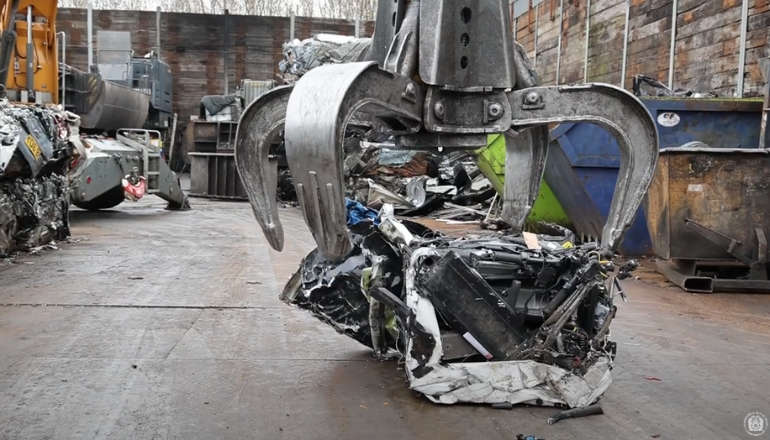 Criminals Dealt Crushing Blow As Seized E-Scooters And Electric Motorcycles Destroyed
Criminals Dealt Crushing Blow As Seized E-Scooters And Electric Motorcycles Destroyed
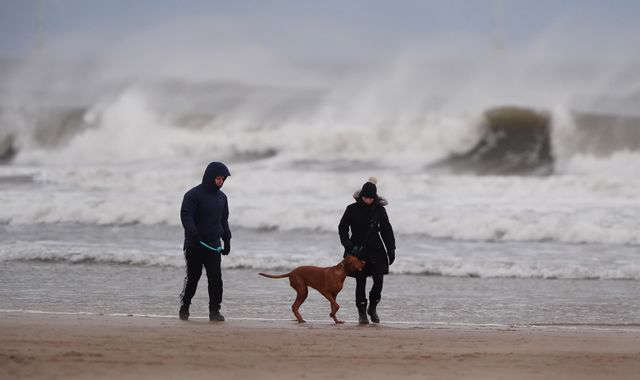 Isle Of Wight Weather Warnings Issued With Storm Éowyn Forecast To Bring 80mph Winds
Isle Of Wight Weather Warnings Issued With Storm Éowyn Forecast To Bring 80mph Winds
 Friends Of St Mary’s Hospital Donate £27,000 To Support Patients And Staff
Friends Of St Mary’s Hospital Donate £27,000 To Support Patients And Staff
 Wightlink Invests In Its Portsmouth Car Ferry Port
Wightlink Invests In Its Portsmouth Car Ferry Port
 Isle Of Wight Charity Leader Honoured With BBC One Show Recognition
Isle Of Wight Charity Leader Honoured With BBC One Show Recognition
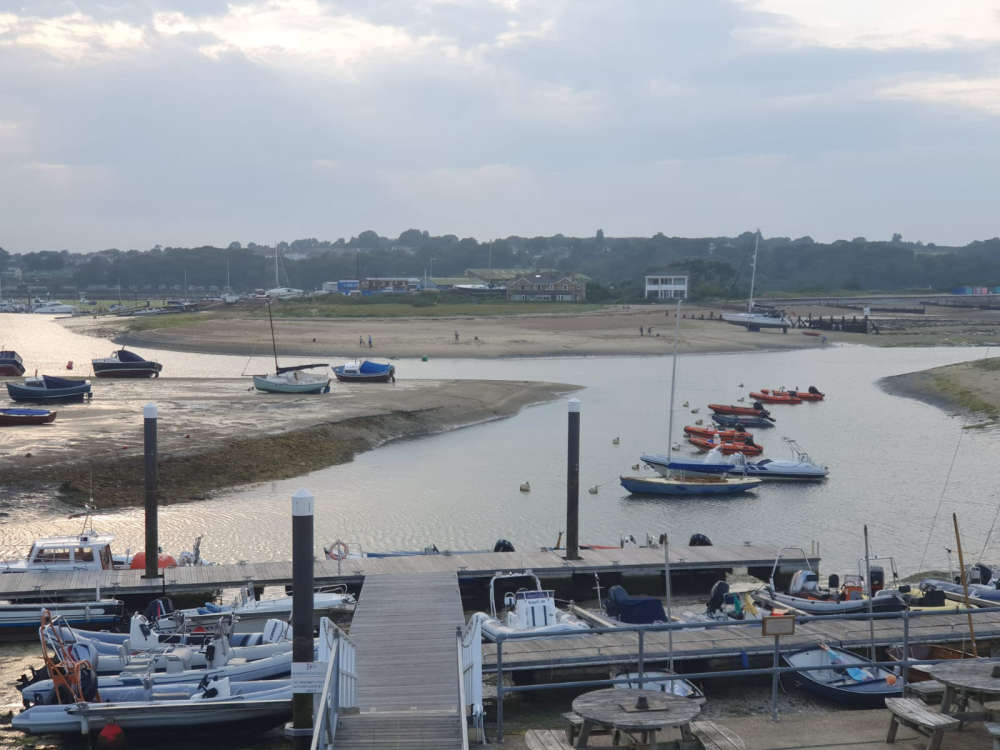 Harbour Dredging To Continue In Bembridge
Harbour Dredging To Continue In Bembridge
 Farmers Invited To Strike The 'Right Balance' At Isle Of Wight Farming Conference 2025
Farmers Invited To Strike The 'Right Balance' At Isle Of Wight Farming Conference 2025
 Time Running Out To Take Part In This Year's Budget Consultation
Time Running Out To Take Part In This Year's Budget Consultation


